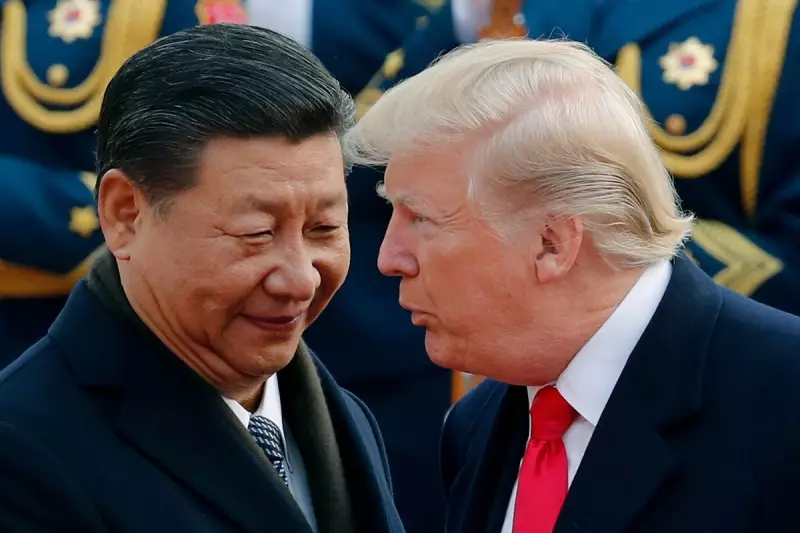
In a stunning revelation that has sent shockwaves through diplomatic circles, former US President Donald Trump reportedly made an extraordinary suggestion to Chinese leader Xi Jinping regarding South Korea during his presidency.
The Billionaire's Bombshell Claim
Hedge fund billionaire Scott Bessent, founder of Key Square Group, disclosed that Trump privately floated the idea of China taking control of South Korea during conversations with the Chinese leadership. This startling claim emerged during a private dinner in New York, where Bessent shared details of Trump's unconventional approach to international relations.
The context appears to be Trump's frustration with what he perceived as insufficient financial contributions from US allies for their own defence. According to Bessent's account, Trump told Xi Jinping: "Why don't you go in and take the whole thing? You should take South Korea."
Geopolitical Implications
This revelation raises profound questions about Trump's understanding of longstanding US alliances and strategic partnerships in Asia. South Korea has been a key American ally since the Korean War, with approximately 28,500 US troops currently stationed there as a deterrent against North Korean aggression.
The suggestion fundamentally contradicts decades of bipartisan US foreign policy that has consistently supported South Korean sovereignty and maintained a strong military presence on the Korean peninsula.
Historical Context and Reactions
Trump's relationship with South Korea was notably turbulent during his presidency. He repeatedly pressured Seoul to significantly increase its financial contributions towards hosting US troops, at one point demanding a 400% increase that would have raised the annual cost to $5 billion.
Political analysts and foreign policy experts have expressed alarm at these latest revelations, suggesting they indicate a willingness to fundamentally reshape international alliances in ways that could destabilise global security arrangements.
The Trump campaign has not directly addressed these specific claims, though representatives have previously dismissed similar reports as misinformation from political opponents.





